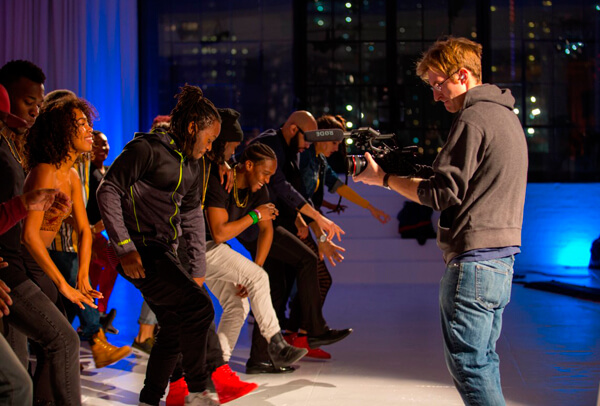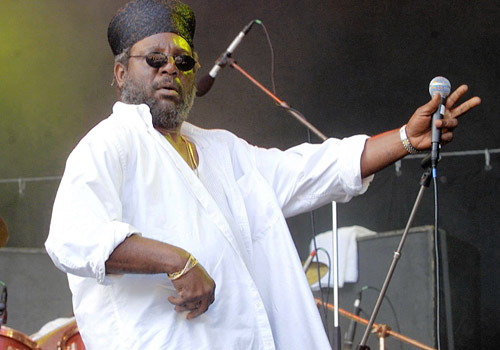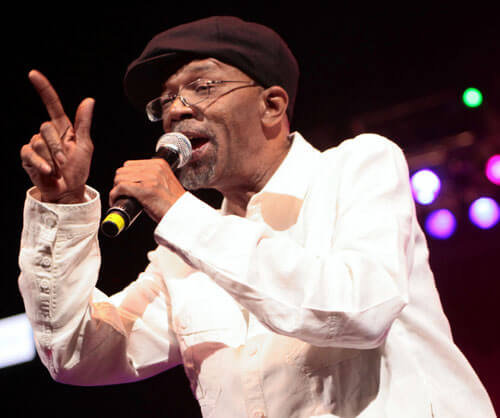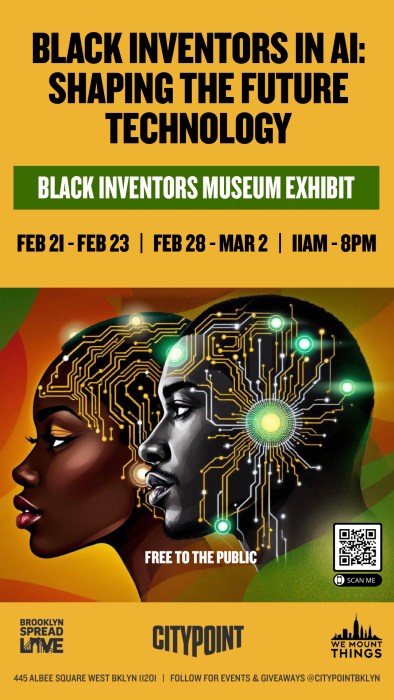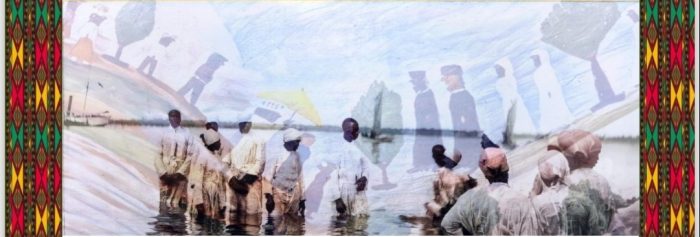Think of “Soul Train” with Caribbean music and you get the genius of the new and hopeful dance show, “The International Reggae Train.”
The show’s pilot episode was shot in Manhattan on Jan. 17. Borrowing a portion of its name from the classic dance show “Soul Train,” “The International Reggae Train” is branching off from the soul and rhythm and blues music that made the 35-year running show popular, to bring the reggae genre and popular music forms that it birthed to the spotlight, said it’s creator.
“‘The International Reggae Train’ is a show that will include live music and dancing to that music which is essentially reggae–based,” said show creator Donovan Heslop. “Our intention as the show expands is to include all genres of music which will include afropop, reggaeton, soca, and hip-hop of course — quite a few of these genres came out of reggae and most of them have a dancehall beat.”
The show’s format will follow the common dance show routine with new and popular songs being danced to by an audience of dancers, an weekly artist performance and interview, with the show concluding with a reggae train.
At the first day of filming more than a hundred dancers from all over the city came to perform their best moves to popular dancehall and reggae songs, with international reggae pop star Shaggy as the special music guest, said Heslop.
“We had in the room with well over 150 people and that might evolutionary aspect to it — because our audience will be our dancers,” he said. “Then you have godfather of great artists Shaggy, who is a major pop star with dancehall background.”
Also part of the pilot were artists, Luciano and Toots and Maytals to name a few, and popular dancehall choreographer Blacka Di Danca.

And at the forefront of the show is widely-known Jamaican record producer Wayne Jobson, who Heslop says is the perfect choice for a host on a show celebrating reggae and it’s origins.
“Wayne Jobson’s family were specifically involved in Bob Marley being as big as he is,” he said. “They were an integral foundation in Bob Marley’s worldwide popularity, and he is the host and who we have on board — we have a stellar lineup.”
The show does not have a target audience other than people who are lovers of dance and reggae music, said Heslop. He says while the show will start off mostly centered on reggae, he knows that the show will reach an international appeal based on reggae’s popularity and it’s diverse audience of fans.
“We had a six-year-old dancer at the show who was white and she loves reggae,” he said. “We don’t have no specific audience — we want a demographic blend. We don’t want to limit the show’s capabilities that’s why I include every genre.”
The idea took six years to come to fruition, and Heslop said he wanted the show to also act as more than entertainment, but as a therapeutic escape for viewers as well.
“Music is being played live and fans will get that immediate rush and that’s what we are sure to bring,” he said. “Music is food and love, and dance is the breath of life and with those two combinations what you have is magic in the air, and that is what we created at the show.”
The show is being sent to various American television networks, where Heslop hopes to find a home for his production sometime this year.



